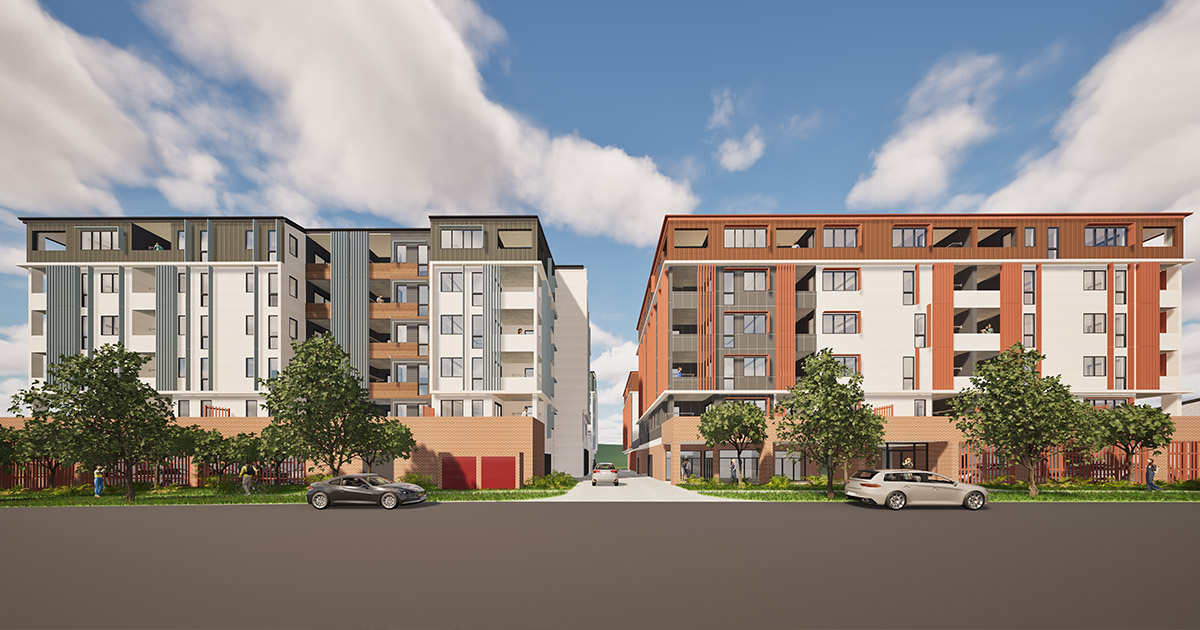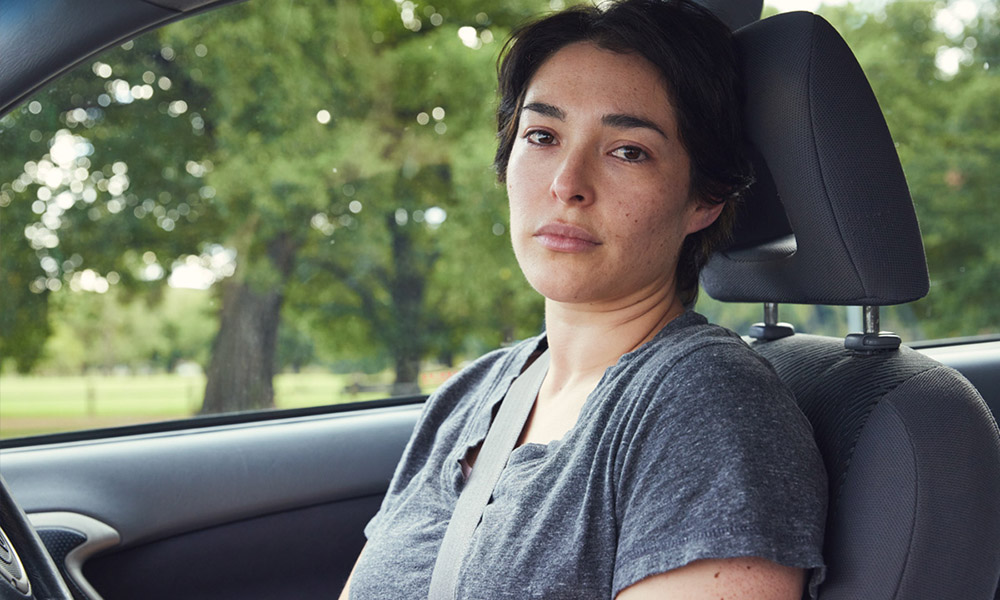Shift needed for Aboriginal and Torres Strait Islander young people
- Details
Mission Australia is calling for a fundamental shift to ensure Aboriginal and Torres Strait Islander young people are at the centre of decision making after launching its report which shows they face serious disadvantages compared to non-Indigenous young people.
Mission Australia CEO Catherine Yeomans said the country needed to find a more inclusive and consultative way of working with Aboriginal and Torres Strait Islander young people, empowering them to be involved in the identification of their needs, as well as the design and delivery of services.
According to a special report based on the 2015 Youth Survey findings, Aboriginal and Torres Strait Islander young people reported higher levels of concern about bullying and emotional abuse, depression, drugs, alcohol, gambling and suicide.
One in ten Aboriginal and Torres Strait Islander young men indicated that their happiness was zero out of ten, as did 5% of Aboriginal and Torres Strait Islander young women. Comparatively, only 1% of non-Aboriginal and Torres Strait Islander respondents rated their happiness at this level.
Aboriginal and Torres Strait Islander young people were also more likely to have spent time away from home in the past three years because they felt they couldn’t return and to have stayed away more frequently and for longer.
CEO Catherine Yeomans said: “It’s a challenging read and while we see some positivity the overall picture painted is of a cohort of marginalised young people facing some really complex problems without the support they need.
This report provides further evidence that Indigenous young people are facing more serious challenges than their non-Indigenous peers. As a society, Australia has a moral, social and economic duty to support all young people to reach their potential. And sadly, this report shows we are failing miserably, with too many Aboriginal and Torres Strait Islander young people falling through the cracks. This is not a sustainable way for us to proceed as a nation and to me it suggests a divided society.
“We need an urgent rethink of how we deliver programs to ensure we are working alongside Aboriginal and Torres Strait Islander young people to overcome the barriers in front of them – barriers that must sometimes seem insurmountable - leading to these concerning levels of despair.
“We know Aboriginal and Torres Strait Islander people are massively over-represented in Australia’s homeless population. The severely overcrowded living conditions many young people live in make it extremely difficult to go to school or work. It’s no surprise that poor housing has severe impacts on their physical and mental health.
“We need a more inclusive and consultative way of delivering services with Aboriginal and Torres Strait Islander young people. These approaches must be long-term, with a sustained commitment. Too many effective responses have been ad hoc, cut short and left unsupported.
“The Youth Survey findings make it clear that Aboriginal and Torres Strait Islander young people really want to work and a high proportion see themselves going on to further education or employment. Let’s help them achieve their aspirations, by listening to them, empowering them and investing for their future.
“Their ambitions are often thwarted by the lack of age and culturally appropriate mental health services, alcohol and drug services and homelessness services. These gaps in the service system are leaving Aboriginal and Torres Strait Islander young people unsupported during the important time of transition to adulthood and should be urgently remedied.”
Professor Tom Calma AO, Chancellor, University of Canberra and Co-Chair, Reconciliation Australia, writing in a foreword to the report said: “The higher rate of Aboriginal and Torres Strait Islander young people taking their life is widely reported. Our young people have to see they have a future and they need access to mental health and alcohol and drug services and suicide prevention programs and vulnerable communities must be empowered and supported to lead their own recovery. We must do more to invest early in families and communities to avoid these tragedies, address disadvantage, build on strengths and celebrate successes.
If we are serious about ‘Closing the Gap’ we need to get serious about providing equal opportunities for our young people. We need to recognise the history of colonisation, dispossession, removals and trauma and empower Aboriginal and Torres Strait Islander young people to create a brighter future.
“To achieve substantial and sustainable change Aboriginal and Torres Strait Islander young people, elders and organisations need to be involved in the design, delivery and evaluation of programs intended to benefit them. Governments, community organisations and businesses need to play their part in building relationships and working towards a reconciled, just and equitable Australia.
“I hope leaders from all walks of life reflect on the findings in this report and the role they can play in addressing the disadvantages faced by Aboriginal and Torres Strait Islander young people through investing in them to realise their full potential,” he said.
Aboriginal and Torres Strait Islander Youth Report
Aboriginal and Torres Strait Islander Youth Report Results
Aboriginal and Torres Strait Islander Youth Report Highlights
Related media releases
Read about what we’ve been working on, our stance on important social issues and how you make a difference to vulnerable Australians' lives.

Mission Australia says more housing & homelessness investment needed in NSW Budget

Ground-breaking ceremony launches Toowoomba housing project

